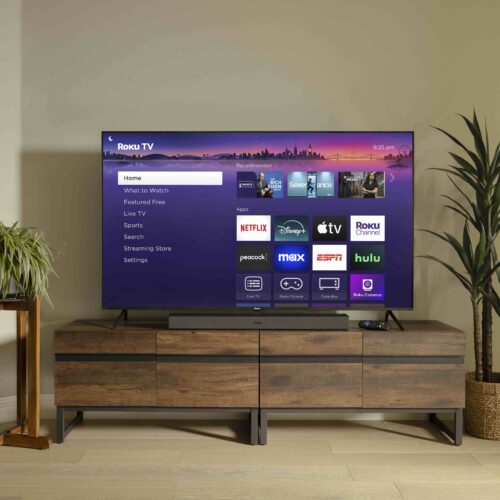Netflix will show generative AI ads midway through streams in 2026
Netflix is joining its streaming rivals in testing the amount and types of advertisements its subscribers are willing to endure for lower prices.
Today, at its second annual upfront to advertisers, the streaming leader announced that it has created interactive mid-roll ads and pause ads that incorporate generative AI. Subscribers can expect to start seeing the new types of ads in 2026, Media Play News reported.
“[Netflix] members pay as much attention to midroll ads as they do to the shows and movies themselves,” Amy Reinhard, president of advertising at Netflix, said, according to the publication.


© Netflix

















